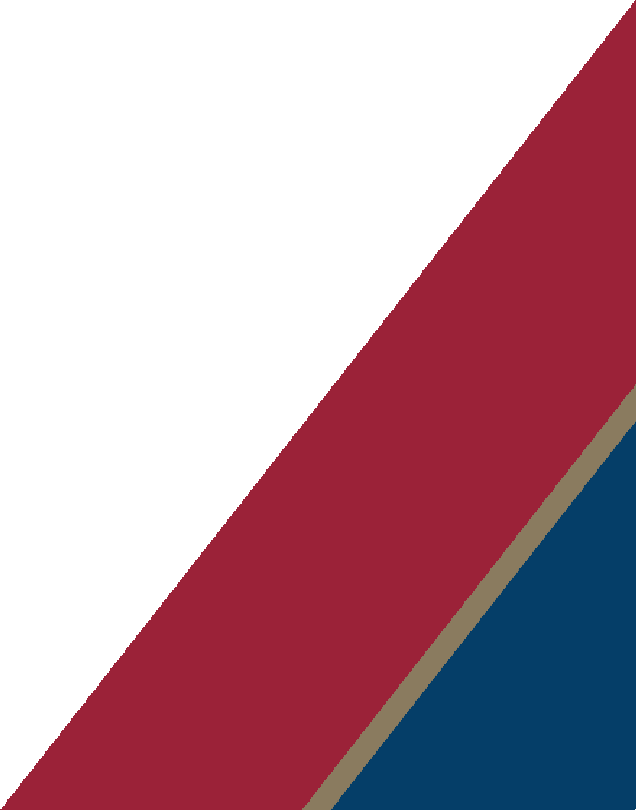CAL understands the unique exposures of the food and beverage industry. Whether your business is a manufacturer, wholesaler, retailer, distributor, restaurant group, brewpub, or wine bar with an excellent cheese and charcuterie menu, your advisor at CAL Insurance will help you establish an insurance program that suits your needs and budget.
In addition, our employee benefits team can be brought in to consult on leveraging HR technologies while also meeting the important objectives you have for your employees and their families.
Workers’ compensation coverage is mandatory, and proper safety and claim management of the program is essential. As coverage benefits differ from state to state based on varying state labor laws, it is important to keep your insurance advisor aware before hiring someone in a new state. New York, in particular, has severe fines for having employees without workers’ compensation coverage in place or added to the current policy.
Commercial property insurance protects the physical assets of a business from perils such as fire, explosions, burst pipes, storms, theft and vandalism. The policy should also include coverage for business income/interruption. If you are transporting goods from one location to another, “property in transit” coverage should be added to your program.
Earthquakes and floods typically aren’t covered by commercial property insurance. This specialized coverage is sourced through different insurance markets.
General Liability protects the business from allegations of bodily injury and property damage arising out of premises, operations, products and completed operations, and advertising and personal injury liability. This line of coverage will almost always be requested for lease(s) and contracts.
Anyone who sells alcohol has liquor liability exposure. In addition, if a patron or consumer causes injury or damage to a third party, this type of coverage can pay for legal expenses, settlements or judgements. Many times, liquor liability can be added to a general liability policy.
The excess liability/umbrella adds higher limits of protection and is provided in million dollar units or layers. Often, contracts will require some amount of excess liability/umbrella insurance. The coverage typically exceeds the general, auto and employer liability and is a part of a workers’ compensation policy.
The food and beverage industry will most commonly consider this coverage if there are outside investors. Each D&O policy should have three sides of protection: One side for the directors and officers not indemnified by the entity, one for the directors and officers indemnified by the entity, and one for the entity itself.
Employment Practice Liability can stand alone or be added to a D&O program. This coverage protects the entity from allegations such as wrongful termination, harassment (including sexual harassment) and discrimination. The limit should provide coverage for defense costs as well as any settlement or judgment, when allowable by the policy.
Like EPLI, Fiduciary Liability can stand alone or be added to a D&O program. This protects the fiduciary(ies) of the organization from allegations of mishandling the company’s retirement plan(s). The policy covers the legal expenses of defending against the claim, as well as the financial losses the plan may have incurred due to errors, omissions or breach of fiduciary duty.
Does the food or beverage product you produce contain cannabis? If so, insurance coverage will likely fall outside the traditional insurance marketplace for the time being. CAL can advise clients who have this unique exposure on the proper insurance solutions to appropriately address the risks.
Manufacturers Errors and Omissions (E&O) is professional liability insurance that covers a manufacturing mistake or negligent service that results in a third party’s financial loss without bodily injury or property damage. Manufacturers E&O insurance will cover both the customer’s financial loss and your legal costs.
Cyber insurance should have coverage for both first and third party exposures. A robust program will also include cyber crime coverage. Limited cyber coverage can be embedded within a property, general or professional liability policy, which may or may not be the right solution. Your CAL advisor will know more on which platform is most appropriate.
Your operations may include the need for company vehicles. Liability does not just stop at the vehicles owned by the organization, but is also a concern when employees are driving their own vehicles on the company’s behalf. Coverage to protect the company owned vehicles in case of theft or damage is referred to as “comprehensive” and “collision” coverage, and both should be added in most cases.
Food contamination claims are excluded under standard commercial general liability or commercial property insurance policies. A well-designed policy should include coverage for “voluntary recall,” “foodborne illness” and “reputational harm.”

